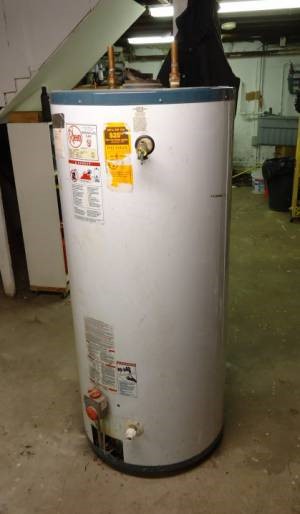-
Lot Size6,534 sqft
-
Home Size3,260 sqft
-
Beds4 Beds
-
Baths4 Baths
-
Year Built2009
-
Days on Market1
Homeowners: The 3 Things You Must Know About Water Heaters
- Linda Moore, Real Estate Tips
- Coldwell banker Encinitas, Encinitas Home, encinitas home for sale, Encinitas Homes, Encinitas Houses, encinitas real estate, Encinitas real estate agent, encinitas realtor, home in encinitas, homes for sale in encinitas, homes in encinitas, Linda Moore, real estate agent in encinitas, real estate tips
- May 15, 2015

If you own a home, or are just beginning to shop for a new one, water heater experts want you to know about new laws, the differences between traditional and tankless heaters, and the potential energy savings of solar systems. Hot water may seem like a mundane topic, but if you already own a home, you know that heating costs can add up fast. That’s why it’s important to acquaint yourself with the latest information.
Courtesy of The Real Estate Inspection Company, here are the key facts you need to know about water heaters and energy supplies for your home:
New Laws:
Legislation affecting the energy efficiency of most residential water heaters went into effect in April. You can get the specifics directly from the U.S. Dept. of Energy website. Most tanks will need to either be replaced or modified to comply with new standards.
Traditional or tankless?
The most common concern for homeowners, when it comes to hot water supply, is whether they should change from a traditional, gas heater to a newer, tankless one. The bottom line is that the cost savings over a ten-year period pretty much make it an even swap, though modifications for installation of tankless systems can tip the scale in favor of traditional water heaters. Every situation is different, but in most cases, you’re probably better off keeping and upgrading your current water heating system.
Is solar power for you?
Homeowners need to be careful when purchasing solar systems for their homes. While solar power can bring huge energy savings in the long run, there are a few companies out there who are not exactly reliable. For an honest overview of what you can do to make solar heating work for your home, take a look at what one expert has to say about the state of the market.
Whatever your current situation with regard to water heating and solar energy, consider whether you will need to upgrade or modify your hot water heater. Additionally, take a look at the options you have for solar heating of your home. It’s all about getting the most energy-efficient systems in place at a price that makes sense.





